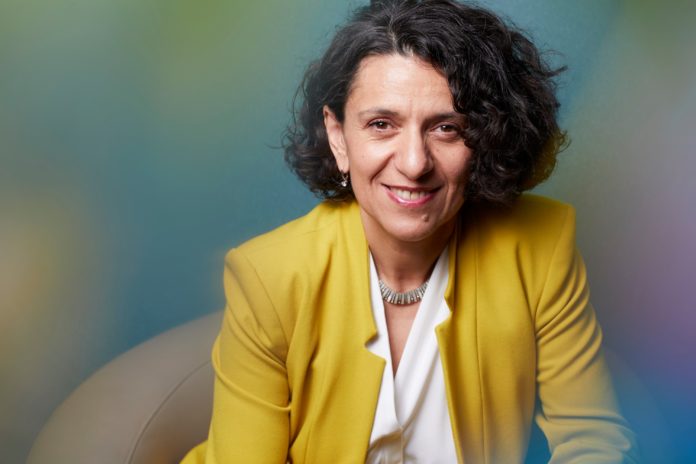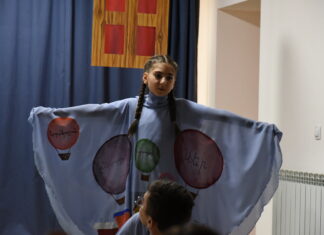WATERTOWN — The stakes for Armenia seem to be high, less than four years after the disastrous second Artsakh (Nagorno Karabakh) war in 2020, this time waged unilaterally and with lightning speed by Azerbaijan, resulting in not only ethnic cleansing and the reclamation of Artsakh and the lands that victorious Armenia had held as an insurance policy, but an incursion of more than 200 kilometers (124 miles) by Azerbaijani forces into Armenia proper.
And this victory seems to have only whetted their appetite for more in Azerbaijan.
Prof. Anna Ohanyan, Professor of Political Science and the Richard B. Finnegan Distinguished Professor of Political Science and International Relations at Stone Hill College in Easton, Mass., in a recent interview offered some insights about the situation. Ohanyan, a native of Armenia, has written and edited several volumes on the Caucasus and the role of Russia. In an extensive interview last week, she offered her insightful analysis of the perils and opportunities Armenia is facing, as well as a new post-Ukraine era in the region.
Changed Orientation
Since the end of the 44-Day War in 2020, Armenia’s government seems to be shifting its orientation toward the West, with a particular soft spot for France, rather than Russia and its subsidiary defense collaboratives, such as the Collective Security Treaty Organization (CSTO), which did not lift a finger to help Armenia when it was attacked.
Ohanyan said it is better to characterize such a foreign policy change as a tilt rather than a pivot.








